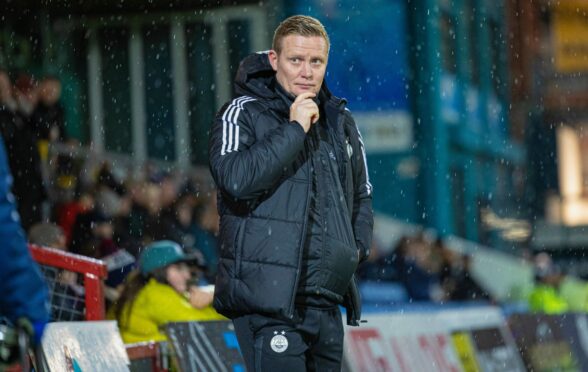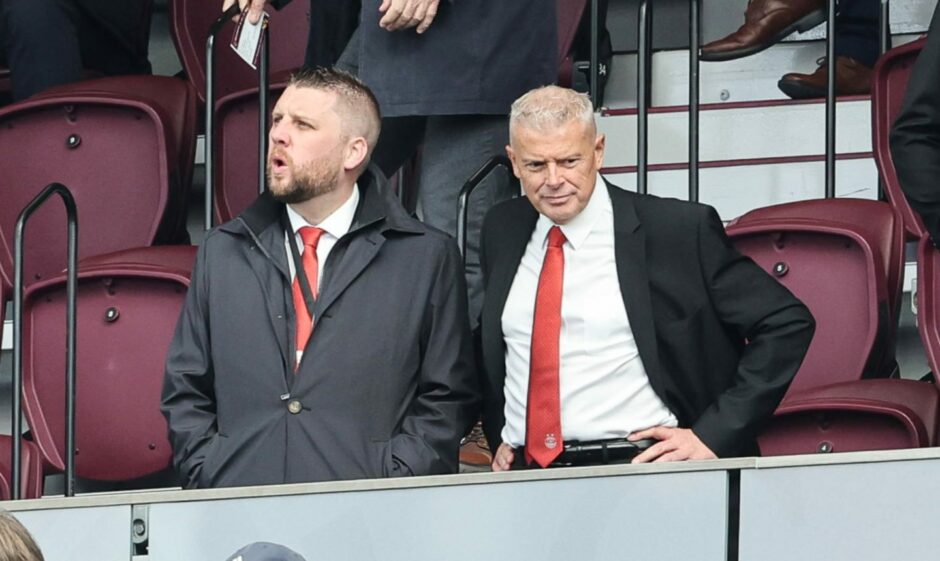Barry Robson couldn’t win. Figuratively, as well as literally. In the end, he was damned as much by his successes as by his failures.
Of the latter, there were many. Robson’s inability to construct an above-average Premiership team from a budget the envy of most competitors was perplexing; the drudgery of a side not nominally short on entertainers depressing.
His unwillingness to countenance change, either within games or between them, may have been passed off as conviction for a time, but in the final reckoning looks like obstinacy and fear.
The former were much harder to come by, and almost exclusively contained within the spell prior his upgrade to permanent manager.
While Robson’s 80% win rate as caretaker made that choice alluringly easy, it will have equally been a factor in calling a halt now before the corresponding figure for his full-time tenure dropped below 30%.
With such fresh evidence that pulling the trigger during the transfer window, potentially allowing for significant personnel activity, can – even this close to the deadline – radically alter the season’s endpoint, Robson was darkened by his own shadow.
That should not, however, read as endorsement of the acuity of the board or its chair.
That they have acquired such experience of mid-season manager hunts that they have a decision matrix for the optimum point to launch them is not a positive.
This is the fourth season which Aberdeen have started with Dave Cormack as their corporate leader, and in all four has he spent the early weeks of the new year looking for a new team manager.
Anyone can make a poor hire or be overtaken by circumstance, but the day on which culpability for the recurrent failures could confidently be assigned to the appointers rather than the appointees was long ago.
When the governors of so significant an organisation vest its key responsibility in a postholder lacking in experience and qualification to such absolute extent that they must learn on the job, it is either a derelict absence of discernment or a mendacious attempt to burnish their own power and prestige by stripping the staff of dissenting voices and dominant personalities. Worst case scenario: both.
To have done so at least twice – arguably thrice depending on how critically one reads Jim Goodwin’s pre-Pittodrie CV – is extremely questionable.
Were it to happen once more, and the club to find itself dismantling yet another coaching team in 2025, it is inevitable that its directorial structure would fall alongside it.
Supporters must hope that that is the strongest insurance there is against the board repeating its mistake.
Cormack’s investment and his pride – two sizeable commodities – cannot withstand more losses.
He will be disinclined to risk them in unproven hands. Whoever comes next, they will be unlike what has gone before; so must the results be.

